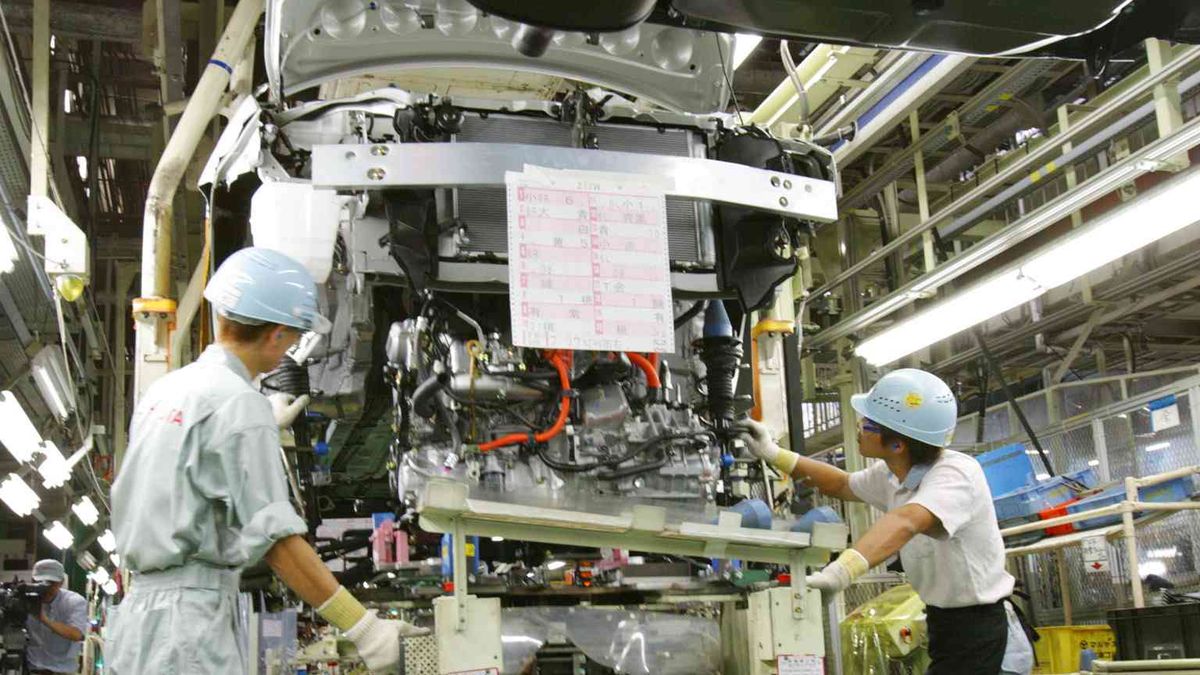Secondly, The 2023 Budget project that was sent to Congress on September 15 does not contemplate the fiscal quota necessary to cover the costs of the regime, so it is assumed that legislators are going to have to introduce the necessary changes so that the scheme can work.
Sebastián Domínguez, partner of SDC Tax Advisors, pointed out regarding the new regime that “it has several tax benefits that aim to encourage investments for the production of certain goods and the performance of activities” and said that “in a complex economic context, with high inflation and a shortage of dollars, seeks to generate some beneficial conditions for making investments”.
Among the tax benefits of the regime is that VAT refund can be requested generated by investments in capital goods, including infrastructure works for industrial activity related to the production of the good object of the approved project. The requirement to maintain the balance in favor of VAT in order to request a refund is reduced from 6 months to 3 months. Personal property may be amortized in 3 annual installments, equal and consecutive from the fiscal period of its affectation, inclusive. In the case of infrastructure works, at least in the amount of annual, equal and consecutive installments that arise from considering their useful life reduced to 50% of the estimated one.
In order to access tax benefits, companies are going to have to incorporate national pieces and auto parts in the units that are manufactured in the country in proportions of up to 30% after 5 years start of the investment project. Cars, light utility vehicles, truck and bus chassis, engines and gearboxes, among others, may benefit.
The special regimes to promote the liquidation and growth of exports multiplied in the last year and already include production complexes that represent 51% of Argentine sales of goods, equivalent to some US$45.00 billion. annually, according to a report by the Fundación Libertad y Progreso based on data from the National Institute of Statistics and Censuses (INDEC). The current initiatives basically include three types of benefits: settlement at an exchange rate above the official one, such as the “soya dollar”; reduction of taxes on exports (as in this case), and access and possibility of disposing of foreign currency generated by exports with greater freedom.
Source: Ambito
David William is a talented author who has made a name for himself in the world of writing. He is a professional author who writes on a wide range of topics, from general interest to opinion news. David is currently working as a writer at 24 hours worlds where he brings his unique perspective and in-depth research to his articles, making them both informative and engaging.




